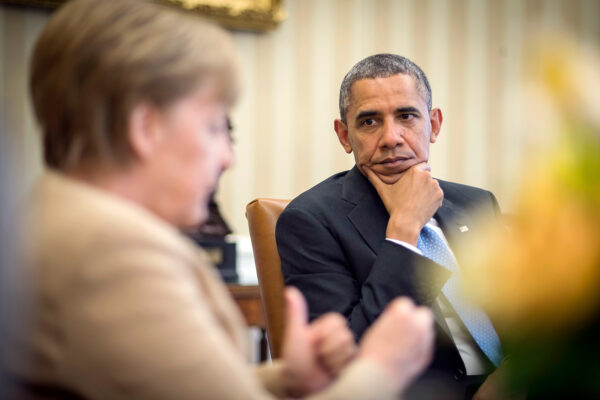
American president Donald Trump has reportedly chided the Germans for selling more goods and services to his country than they buy from it, calling them “very, very bad”.
“Look at the millions of cars they sell in the US. Terrible. We’ll stop it,” Trump was quoted as saying in Der Spiegel, which cited EU diplomats. (No matter that German carmakers are responsible for tens of thousands of jobs in the United States.)
Coming after Trump criticized NATO leaders for failing spend more on their defense, which came on the heels of a trip to Saudi Arabia where he promised the United States would no longer criticize the monarchy for its human rights abuses, the comments are disconcerting. Trump berates liberal democrats but cozies up to authoritarians.
He earlier praised Egyptian strongman Abdul Fatah Sisi for his war on terror, Filipino president Rodrigo Duterte for his war on drugs and complimented Russia’s autocrat, Vladimir Putin, on his “strong leadership”.
Canadian and European allies get a dressing down.
Obama’s policy
That said, Trump’s criticism of the German export model is not a break from American policy. His Democratic predecessor, Barack Obama, felt the same way.
At a G20 summit in 2010, Obama’s officials accused both Germany and China of relying too much on exports. Merkel countered it was the responsibility of deficit countries, like the United States, to improve their competitiveness.
“In the task ahead,” she said, “the benchmark has to be the countries that have been most competitive, not to reduce to the lowest common denominator.”
In other words: if you want Americans to buy fewer German cars, you ought to make better or cheaper ones yourselves.
Obama didn’t succeed in his attempt to “rebalance world trade”. It is hard to believe Trump will, unless he is prepared to slap tariffs on German products and in doing so raise prices for American consumers.
